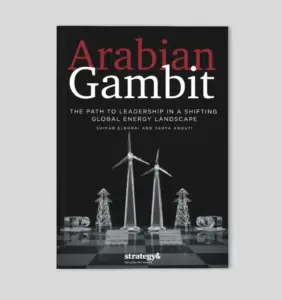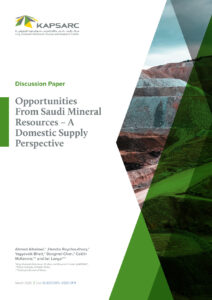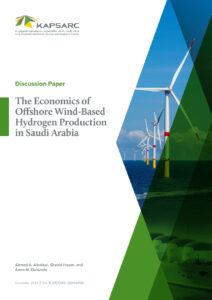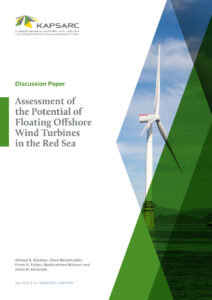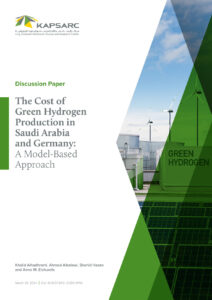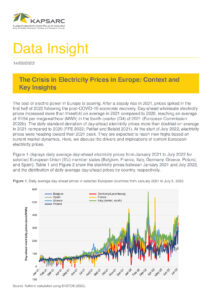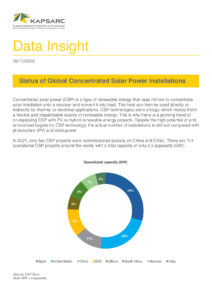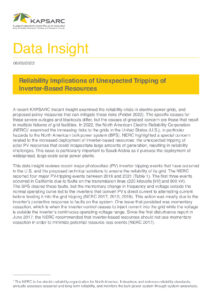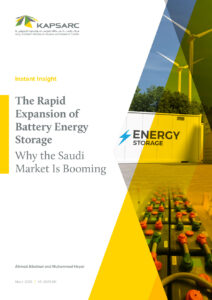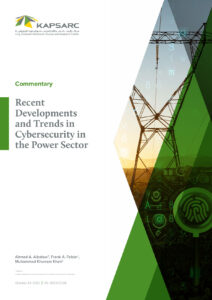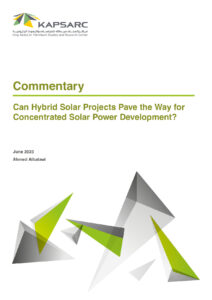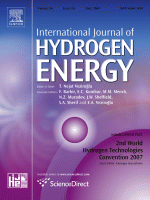Ahmed is a fellow in the Utilities and Renewables program at KAPSARC. He is an electrical engineer and holds an M.Sc. degree in renewable energy systems from Loughborough University. Prior to joining KAPSARC he worked as an R&D engineer at the Saudi Electricity Company for over five years, heading the company’s research on renewables and energy storage, and working on a wide range of projects including solar power, EV charging, sorption cooling, and energy storage solutions.
Ahmed’s current research focuses on power system modeling to help shape the future of the energy mix and the technologies that can contribute to achieving Saudi Arabia’s green targets.

